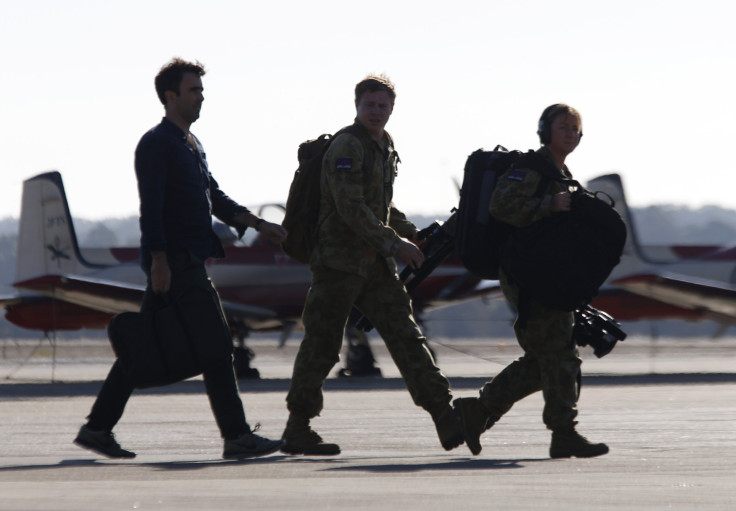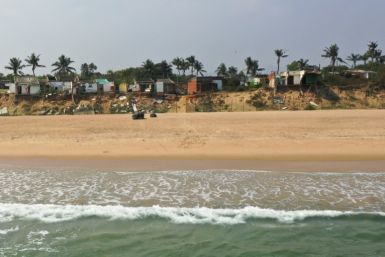‘Weak government action on climate change’ puts Australian Defence at risk

The weak action of the Australian government on climate change has been denting the ability of the Defence Force to respond to severe weather events, the Climate Council reported. The country may face political instability and social tensions that could result in violence and conflict due to lack of effective climate action.
The report cited that the United States has already mandated its military forces to address risks of climate change as a routine part of all mission planning. However, Australia has provided less action to ensure the local Defence Force is prepared for the security risks posed by climate change. The finding is alarming for the Australian Defence Force, or ADF, as the country is located at the frontline of climate change and its impacts, it added.
Defence Minister Marise Payne was asked at a press conference on Tuesday if a climate change strategy for responding to its threats would be included to the government’s defence white paper, the Guardian reported. But the minister said that she was not going “to go into the details of the white paper.”
“I have not had a chance to be briefed on the submission process yet, but after that I am sure I will form a view and we will be able to talk further,” Payne said. The author, former Defence Force Chief Admiral Chris Barrie, warned that the climate change being a “threat multiplier” can contribute to strategic and security risk for Australia.
The maritime boundaries of nations could be greatly affected by the “projected sea-level rise, coastline retreat and the eventual submergence of small low-lying islands.” Barrie added that the threats may also alter the exclusive economic zones where natural resources are located, which could intensify current regional tensions and spark new conflicts over natural resources.
In addition, the ADF staff may also face difficulties in training due to the increasing temperatures. Health risks such as heat stress and damaged training ranges are both considered to affect the service of the Defence Force.
Professor Will Steffen, of the Climate Council, hopes that the Turnbull government would look at the report seriously. Steffen and the defence minister will meet in October to discuss the findings of the report.
“The need to get greenhouse gas emissions down is a big issue requiring much discussion and it’s my feeling that this new leadership will be much more open to exploring how we can do that,” he said. The climate change should also be mainstreamed into defence planning, Steffen suggests, and the lack of better action will lead the country to “much more serious consequences … within a couple of decades.”
Contact the writer at feedback@ibtimes.com.au or tell us what you think below






